By Stephen Beaumont
On a recent episode of the Ontario Craft Beer Guide podcast, co-host Jordan St. John opined on the difficulty in getting beer drinkers to understand and, more importantly appreciate hops.
If he thinks hops are hard, how about yeast?
Outside of the people who actually pitch it into their hitherto unfermented wort, few people are inclined to talk about brewer’s yeast. Yet without yeast we have no fermentation, and without fermentation we have no alcohol, and with all due respect to the non-alcoholic sector, without alcohol we have no beer.
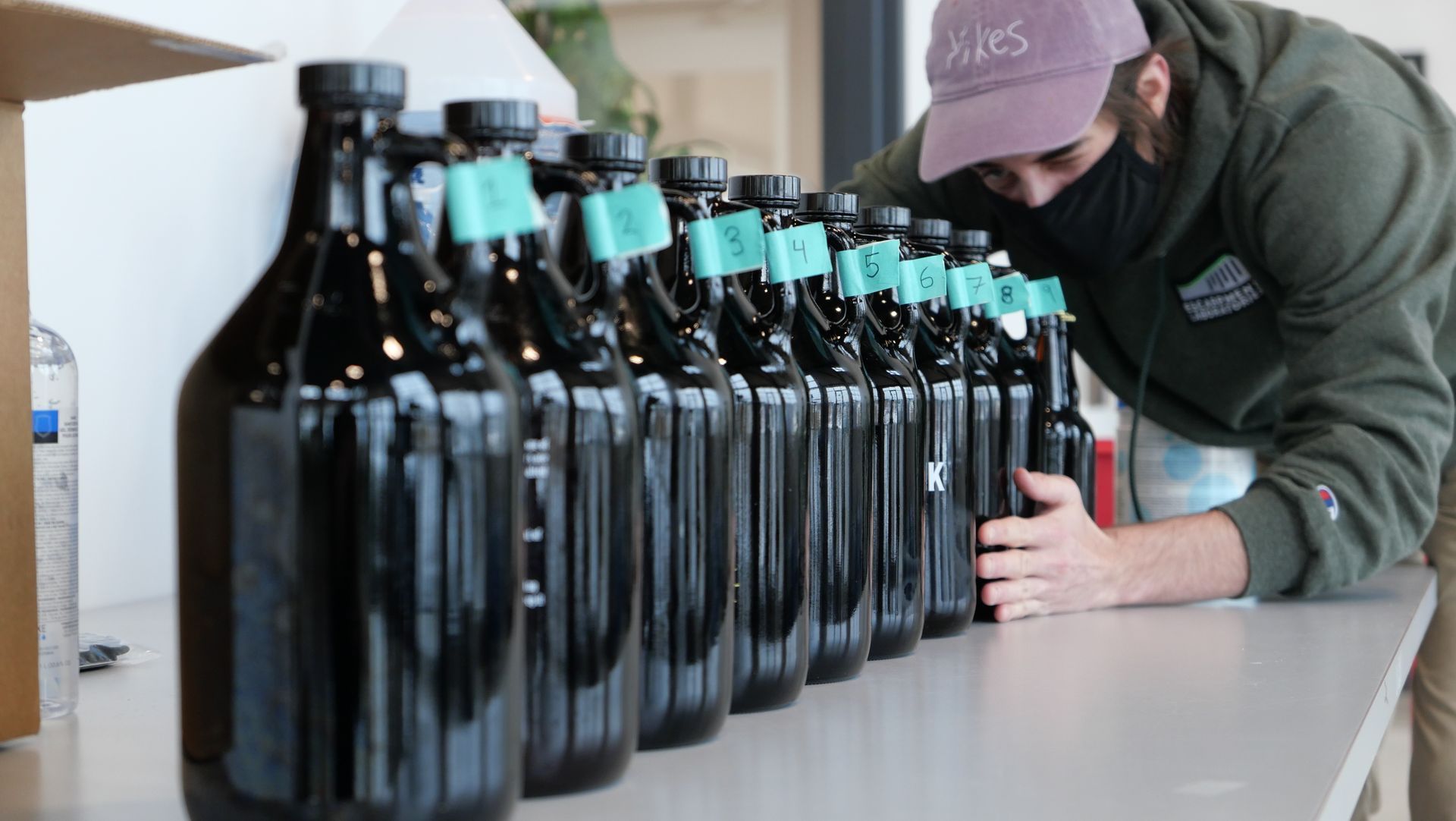
Or, to put it another way, in the words of Richard Preiss, co-founder of the Guelph-based purveyor of yeasts, Escarpment Laboratories, “The easiest way to show someone (what yeast does) is to give them a cup of wort so they realize for themselves how terrible beer tastes without fermentation.”
Escarpment Labs was born in 2015 when Preiss and Angus Ross met while studying at the University of Guelph. Casting an eye southward, the pair noted that while yeast propagators White Labs and Wyeast were flourishing in the United States, no one had as yet really picked up the mantle in Canada.
So, as Preiss continued his studies, the duo set up shop in a small space in the Wellington Brewery, “finagled for free for the first year,” according to Preiss. There they were joined by the third co-founder, Nate Ferguson, who Preiss says brought an important brewing science perspective to the business, as well as possessing “a great technical mind.”
The start-up was slow, but steady, with Preiss noting that the trio sometimes had to get creative to find ways to make it all work. By 2016, however, they knew that they had a going concern on their hands and so sourced and took over a garage space, cleaned it up, and added a proper lab, production equipment, and other necessities.

A couple of years later, Escarpment had grown sufficiently that an even larger space was needed, and the hunt was on again for new premises. This the founders located in late 2019, just in time for COVID to derail their plans, leaving the new site still in development today, with full occupancy expected by the end of this year.
In the meantime, Escarpment Labs has grown from its original founders to a company of 27, with customers across Canada, the United States, and Europe. By Preiss’s estimation, they ship to between 250 and 300 breweries each and every month, the bulk of which reside in our home and native land.
Not bad for a business devoted to microscopic organisms which, as Preiss notes, “are a lot harder to relate to than are hops or barley, which you can see growing in a field.”
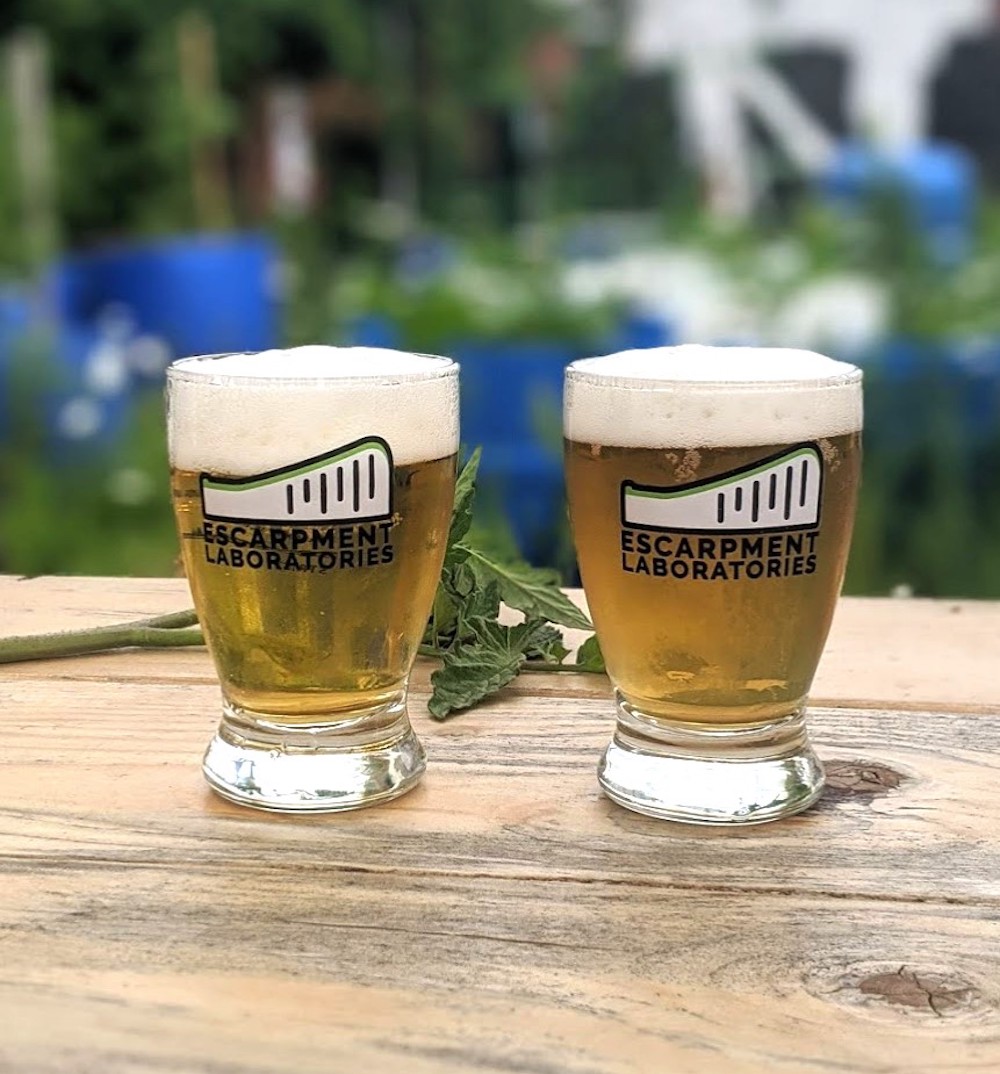
“I really think that we need to get away from treating yeasts as tools and start treating them more like friends,” says Preiss, adding that it’s not uncommon to walk the halls of Escarpment and hear employees referring to yeasts as if they were sentient beings. “We want brewers to get to know their yeasts better and relate to them.”
For now, that is about as worthy an objective as a half-decade-old yeast firm can have, and more realistic than trying to get beer drinkers excited about the yeast used to ferment their favourite brews. However, Preiss says that consumer education is an eventual goal for the company, to which end they have plans to build a brewery and tasting room designed to highlight the impact different sorts of yeast have upon the beers they ferment, although as yet there is no schedule for its creation.

Oh, and about that name, which suggests the Niagara region a lot more than it does Guelph, Preiss says that the founders were looking for something which declared in a single word that they were an Ontario company. “Since the escarpment is one of the defining features of the province, it really resonated with us,” he explains.
Six Escarpment Labs
yeast-fermented beers
(Each of the following beers is fermented by a yeast from Escarpment Labs, although for reasons of proprietary concern the exact strain is not mentioned. Instead, we have asked Preiss to describe the general characteristics Escarpment attributes to each yeast.)
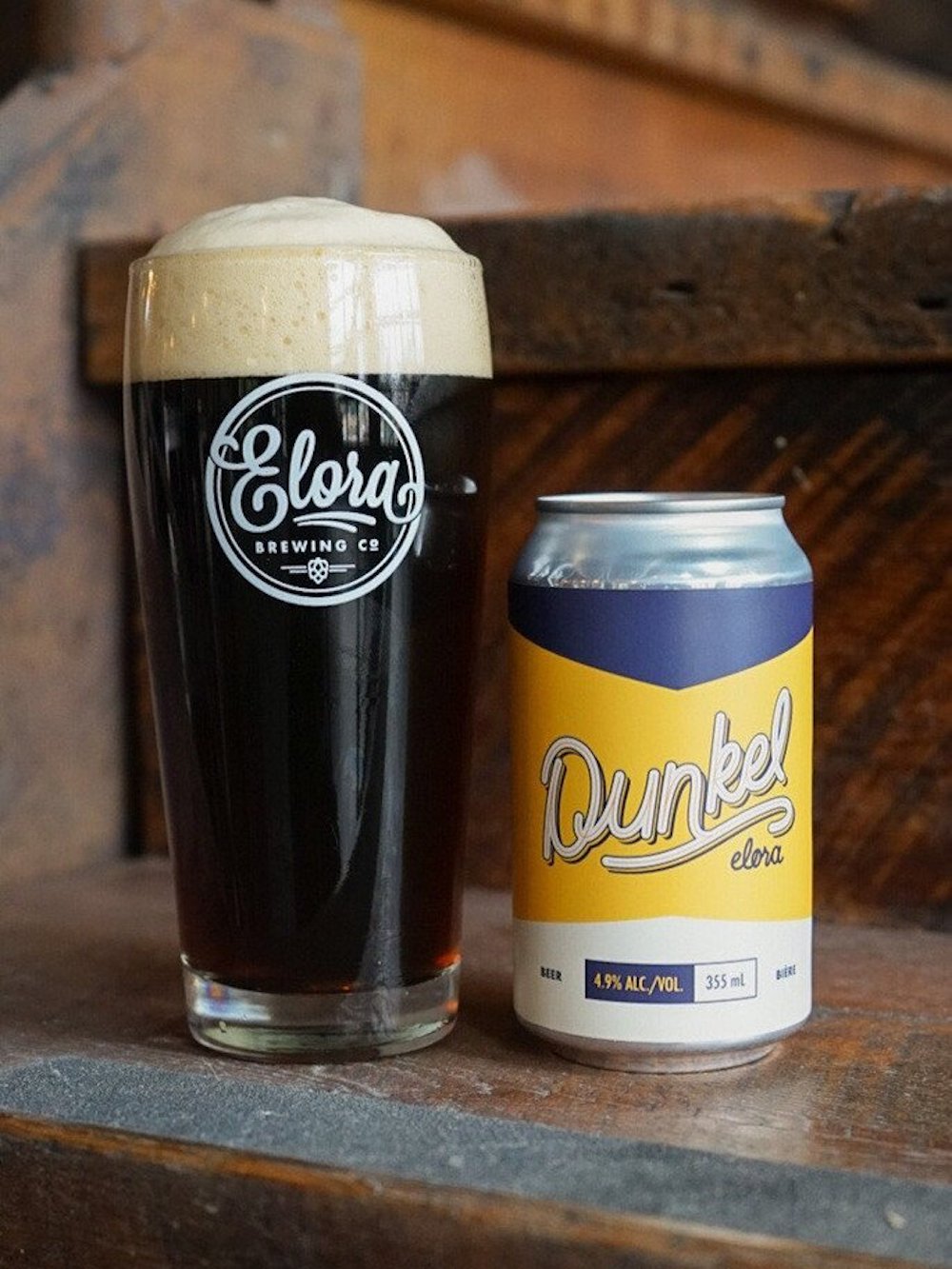
Elora Brewing Dunkel (4.9%) — Preiss says that the yeast used here is “classic German… known for making exceptionally balanced beers.” And ‘balance’ is indeed a word that comes to mind when sipping this bright, russet-hued lager with a dry, slightly burnt toast aroma accented by hints of mocha. On the palate, it is just off-dry throughout, with earthy notes of slightly sweet and toasted grain up front, a more chocolaty middle, and a quenching, very lightly roasty, and most satisfying finish. Definitely a beer for ballgames, biergartens, and picnic lunches. (Available from the brewery; free delivery over $40 in select areas; $15 flat-rate in the rest of Ontario over $40.)
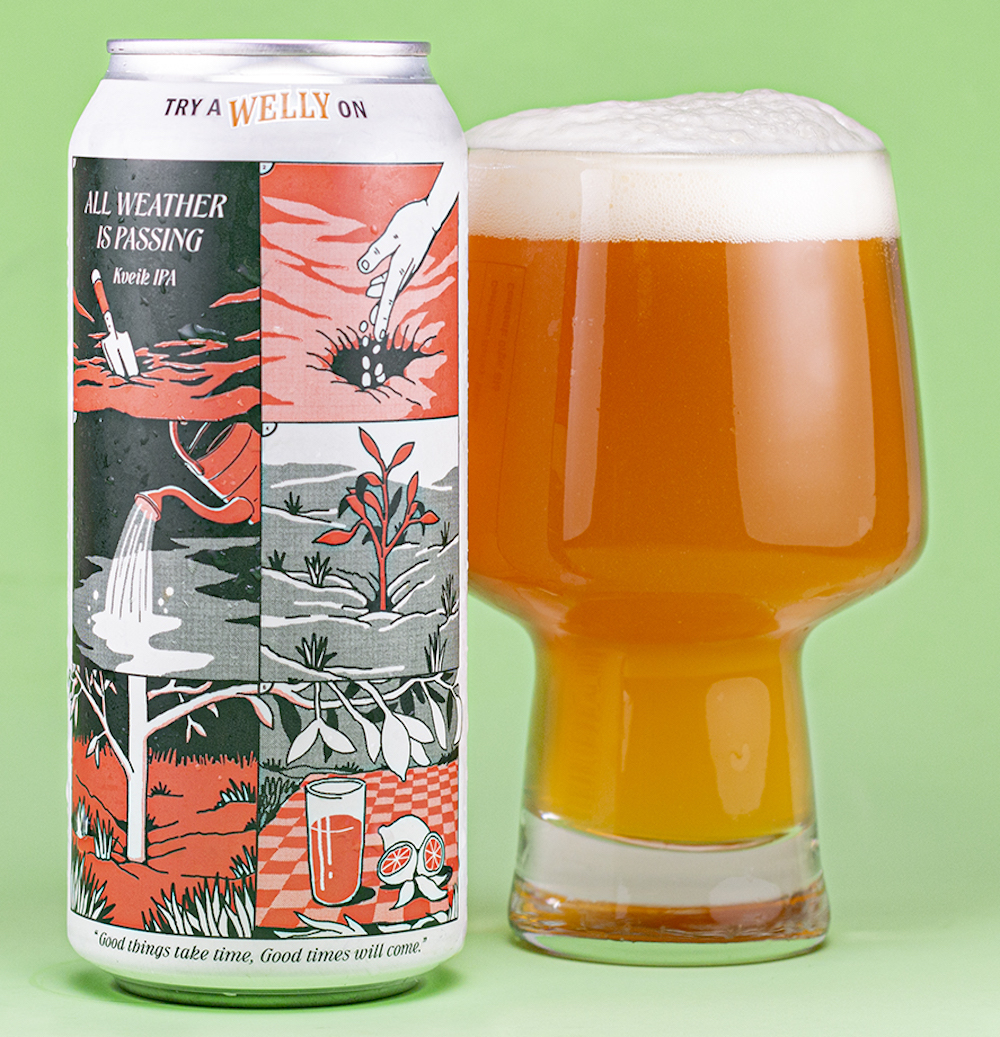
Wellington Brewery All Weather is Passing Kveik IPA (7%) — Of this strain of Norwegian farmhouse yeast, beloved by brewers for its resilience and adaptivity, Preiss says it is “famous for its powerful citrus aromatics, and this beer is a good demonstration of kveik’s place in hop-forward beers.” One sniff of this hazy, golden ale proves that Preiss knows his stuff, as citrus aromas pretty much explode from the glass, from the yeast, yes, but buoyed also by the equally citrusy Citra, Simcoe, and Amarillo hops. Unlike the current crop of olfactory-dependent hazy IPAs that crowd store shelves, however, this beer also has hop flavour and bitterness, citrus with blackcurrant and gooseberry, along with a creamy mouthfeel and very dry finish. An excellent illustration of why kveik yeasts tend to work spectacularly well in IPAs. (Available from the brewery; free Guelph region & Toronto delivery over $75; $10 flat-rate shipping elsewhere.)
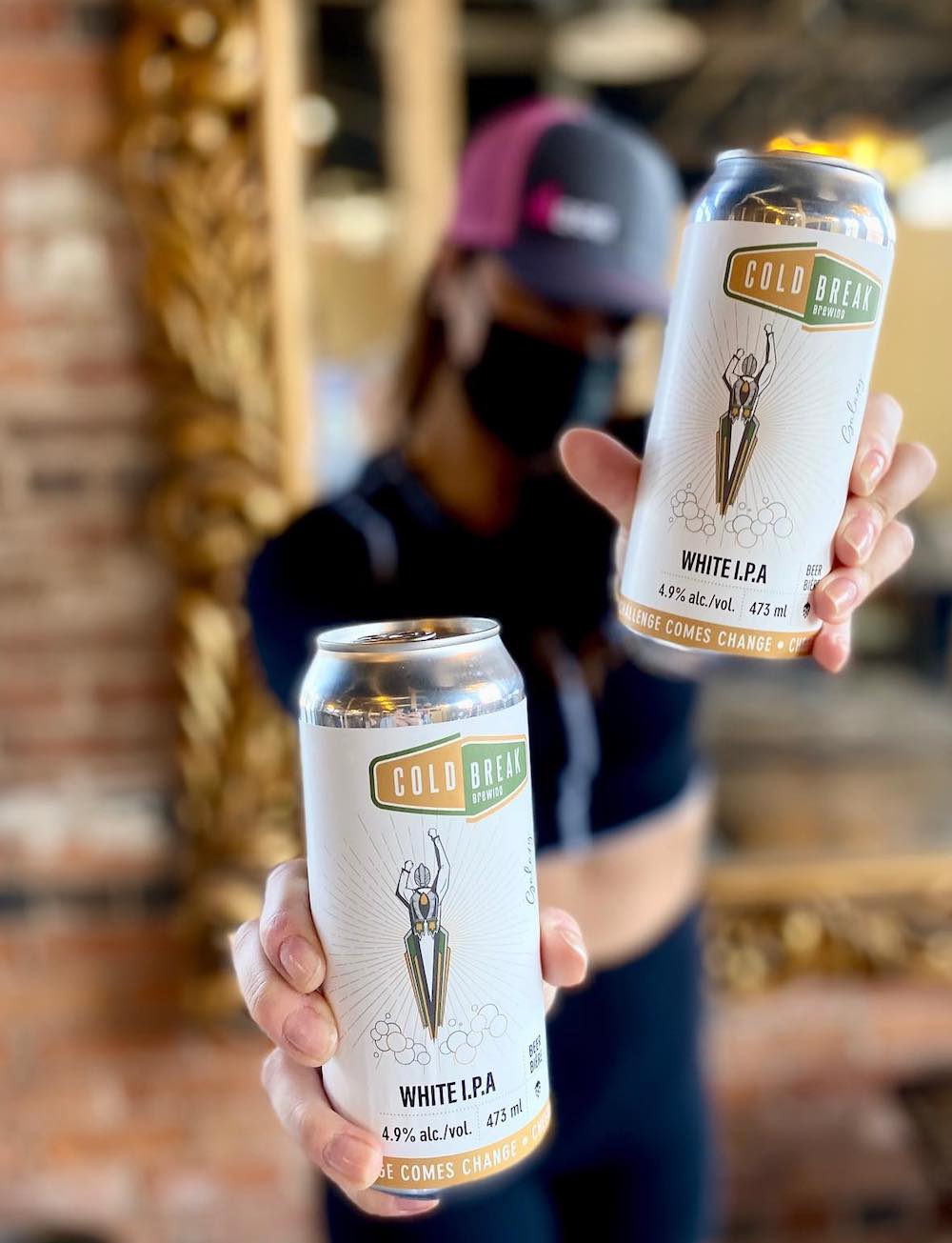
Cold Break Galaxy White IPA (4.9%) — The yeast used to ferment this beer, brewed in collaboration with Luisa Muhleisen, lab manager at Escarpment Labs, with a percentage of sales going to charity, tends to produce “fruity esters and spicy phenols” for a “unique character when combined with the hops,” says Preiss. White IPA is a hybrid style that sits between IPA and wheat beer, usually Belgian in style, and while this beer does employ such a yeast, unlike some White IPAs it adds no extra spices. The result is a highly quaffable, golden ale that does indeed offer considerable fruitiness on the nose – passion fruit, citrus, apricot – and a light body that begins with a glimmer of fruity sweetness and finishes dry, a bit grassy, and moderately bitter. An impressive effort clearly superior to many of its spiced style mates. (Available from the brewery; free Ontario-wide delivery for 24 cans.)

Bench Brewing Clean Slate (5.7%) — Saison yeast and Brettanomyces, a combination Preiss says is “very expressive,” work here to create what he describes as “a lovely hay and pineapple flavour supported by high carbonation.” Let this sit undisturbed in the fridge for a day or three and what emerges is a bright gold delight with a musty, honey-ish, lightly lemony, and faintly peppery nose. On the palate, notes of the pineapple Preiss mentions are definitely apparent, but dryly so, with preserved lemon and hints of melon in support, along with a rising spiciness in the dry finish. However many of these you buy, drink half of them now and cellar the rest for a minimum of a few years so you can experience the full blossoming of the Brett character. (Available from the brewery; free delivery in the Niagara region; free delivery in the rest of Ontario over $100 or $10 flat rate over $50.)
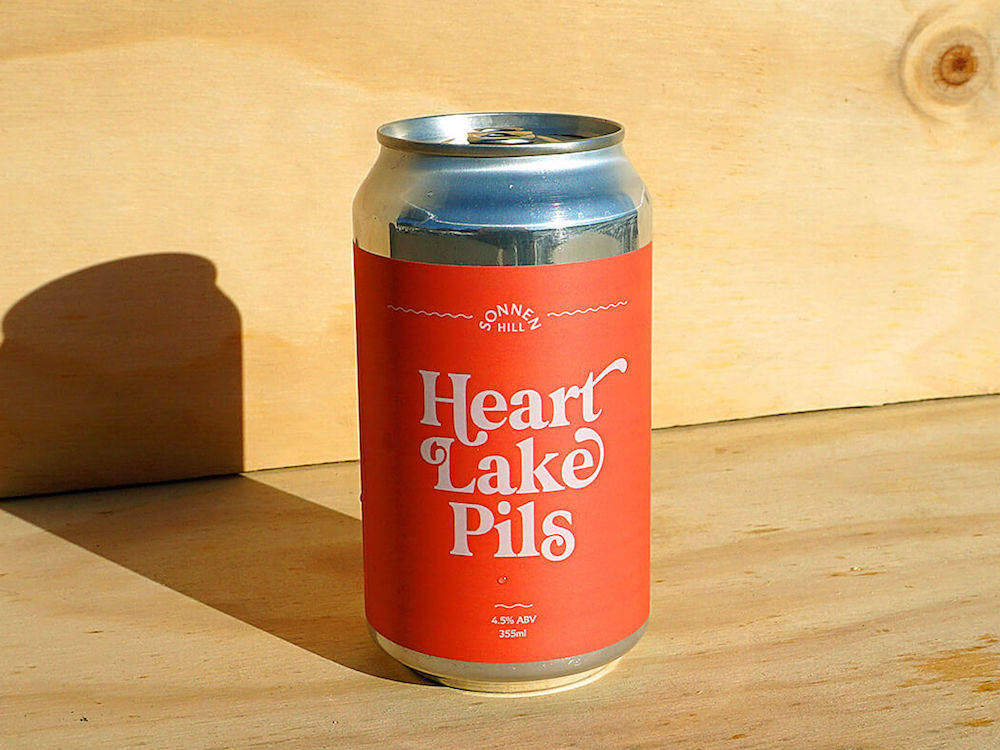
Sonnen Hill Heart Lake Pils (4.9%) — The Czech lager strain employed in this pilsner is “high-performing,” according to Preiss, and creates a full body that he says supports higher hopping rates. And while the nose of this faintly hazy, light to medium gold lager does suggest a liberal use of aroma hops – highly floral and subtly spicy – it is more on the palate that the enthusiastic hopping of which Preiss speaks truly shines, with bitter, herbal notes emerging immediately after the soft, floral hay palate entry, and growing more bitter and dry as they reach towards the bone dry and utterly quenching finish. A solid companion beer to full-flavoured dishes from a burger to a spicy vindaloo. (Available from the brewery; free Ontario-wide delivery over $100; free delivery in the Caledon area over $50.)
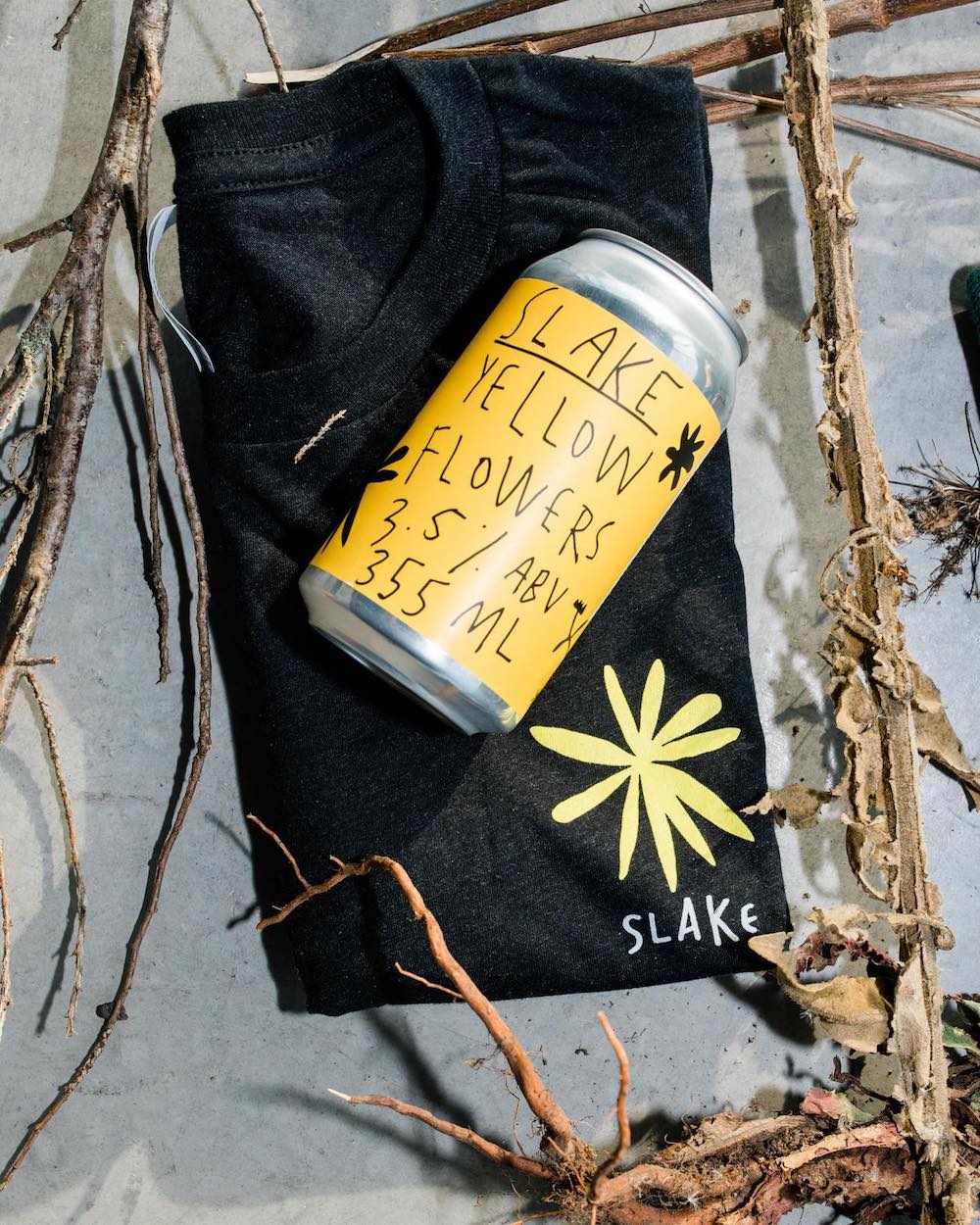
Slake Yellow Flowers (3.5%) — The use of what Slake co-owner Eric Portelance says was originally a sort of “special request” yeast produces “balanced, focused, and ultra-dry beers with notes of white pepper,” according to Preiss. White pepper certainly does figure prominently on the nose of this hazy, light gold “table beer,” as it is described on the can, along with notes of dried pear and very soft florals. On the palate, there is a surprisingly round body for its strength, and spicy-flowery notes with minimal fruitiness – dried pear again, perhaps a bit of yellow plum – all ending impressively dry. A beer light in strength that sacrifices no flavour for it. (Available from the brewery; $10 Ontario-wide delivery with no minimum order.)
About Stephen Beaumont
Stephen Beaumont is one of the world’s leading writers on beer and spirits, with 15 books to his credit, including Canadian Spirits: The Essential Cross-Country Guide to Distilleries, Their Spirits, and Where to Imbibe Them (with Christine Sismondo) and the upcoming, fully revised and updated third edition of The World Atlas of Beer (with Tim Webb).


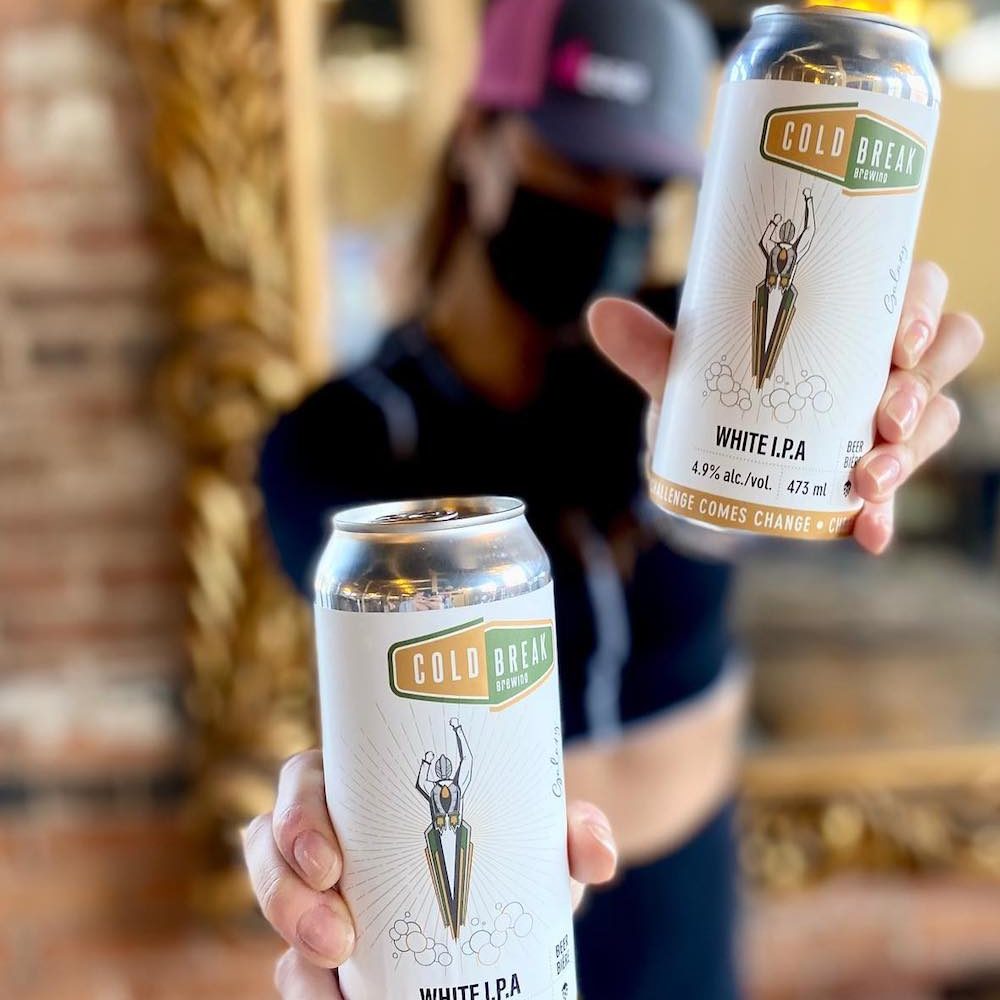





I used to fear yeasts just for the sole reason that I may not be using/adding them properly on my brews, which might result in a terrible batch. But this is all we need, some further learning and understanding regarding yeasts and their proper usage.